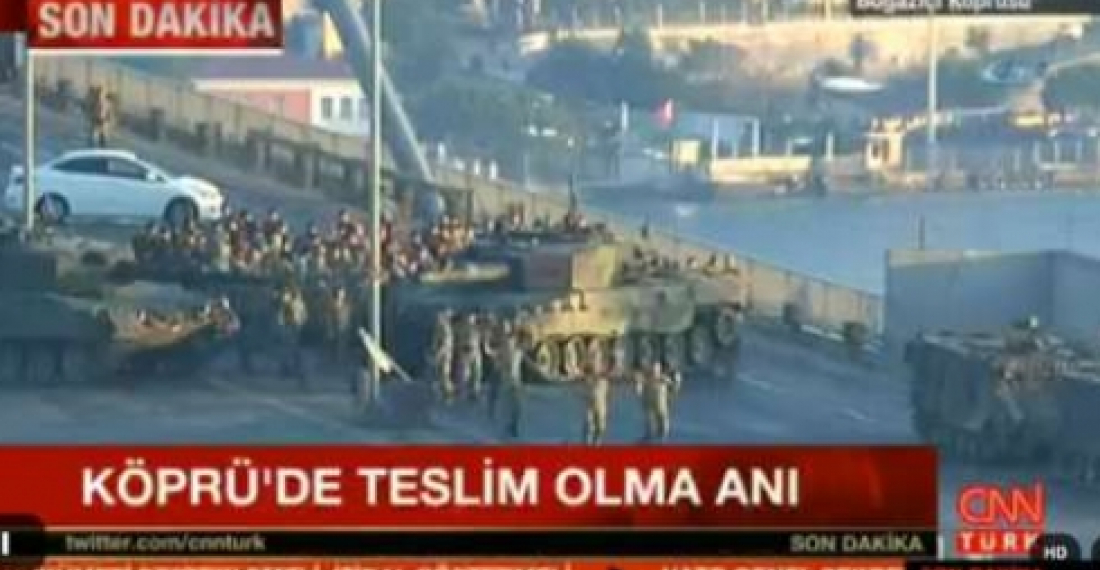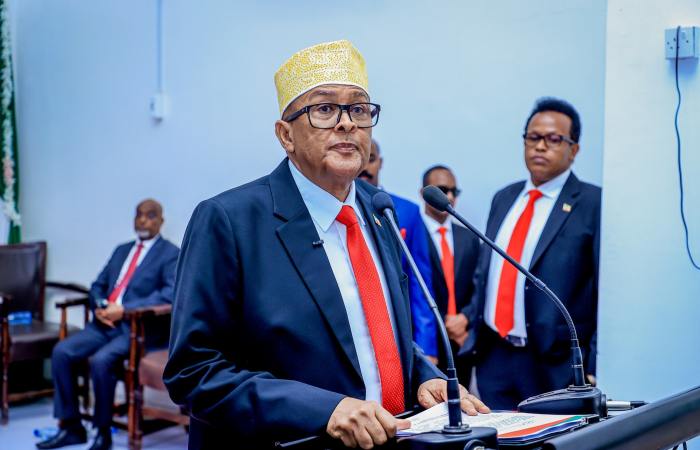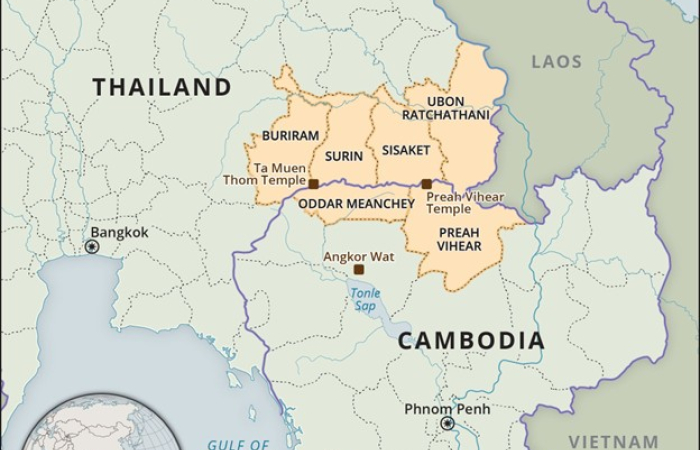The anti-government coup by sections of the Turkish Armed Forces collapsed a few hours after it was intiiated after thousands of Turks responding to an appeal by their President, took to the streets to protest against the mutineers.
There are reports of as many as a hundred dead people and many more injured in various incidents in Ankara, Istanbul and other parts of the country. Hundreds of those involved in the coup have now been arrested. President Erdogan earlier flew into Istanbul airport where he was greeted by thousands of his supporters who had retaken back the airport from the rebels.
There have been expressions of support for Turkey's legitimate government from across the international community, including the United States and Russia. Similar expressions have been reported by governments in the South Caucasus.
In Georgia the President convened an urgent meeting of the National Security Council early on Saturday morning.
“We want to express our support to the democratically elected government in Turkey, and personally to President Erdoğan,” President Giorgi Margvelashvili said after the meeting, which discussed developments in Turkey and their possible implications on Georgia.
“I am convinced that this destabilization will be overcome in the nearest future and our strategic partner and friendly country will get back to normal mode,” he said, who also called on the Georgian citizens to refrain from traveling to Turkey.
Georgian Prime Minister Giorgi Kvirikashvili told journalists after National Security Council session that “Military coups are unacceptable for any democratic country”.
In Azerbaijan, Novruz Mammedov, deputy head of the Azerbaijani Presidential administration strongly condemned the attempted military coup in Turkey and considered such actions unacceptable. "We are concerned over the events in Turkey overnight,” said Mammadov who went on to, call the coup "an attempt that is directed against Turkey’s Constitution and democracy, and the will and choice of the Turkish people".
There has not been so far any official comment on the events in Turkey on the part of the Armenian government. A spokesman for the Foreign ministry said they were watching the situation closely. A hotline has also been established for information on Armenians currently in Turkey.
The Russian foreign ministry gave a statement saying it is "most concerned" by events in Turkey. "The flare-up of the domestic political situation against the backdrop of the existing terrorist threats in this country and the armed conflict in the region brings a heightened risk to international and regional stability," it said.
source: commonspace.eu with agencies
photo: Rebel soldiers on a bridge on the Bosphorus prepare to surrender on Saturday morning (16 July) after an attempted coup against the government collapses (photo courtesy of CNN Turk).






